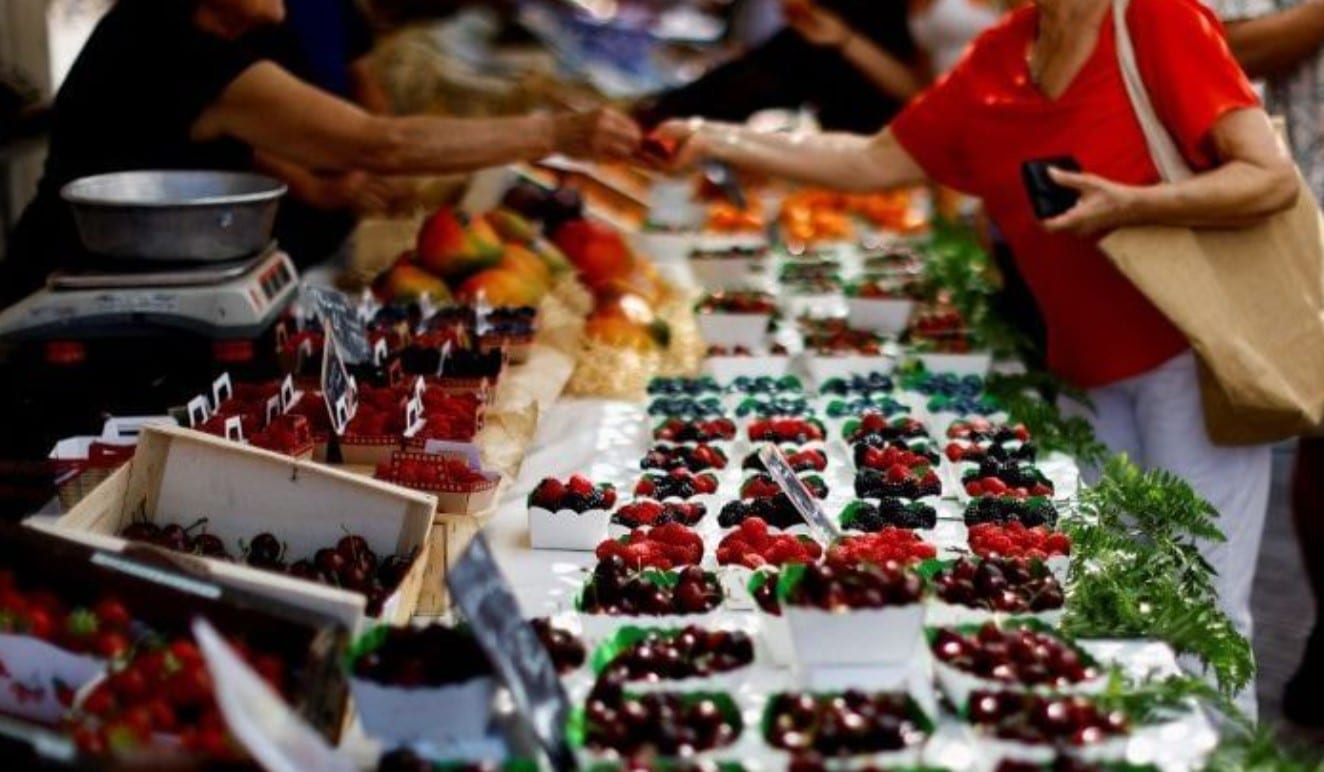Stable restraint in consumer prices continued in October, according to the monthly price observatory published by the Consumer Protection Service, with annual inflation remaining negative for a sixth consecutive month.
The observatory tracks weighted average prices for 250 basic consumer products across 400 retail outlets islandwide, drawing on daily data for food and non-food items.
According to the service, the latest assessment “reflects the stable restraint in prices”, with the annual inflation rate at 0.9 per cent in July and August, 0.7 per cent in September and 0.3 per cent in October 2025, all below zero.
Services recorded the strongest year-on-year increase in October, rising by three per cent, while petroleum products fell by 7.5 per cent, agricultural products declined by 2.6 per cent and electricity decreased by two per cent.
On a monthly basis, electricity rose by 1.7 per cent, while agricultural products remained unchanged after a combined increase of 3.5 per cent during August and September.
These broader movements were also reflected in the observatory’s detailed breakdown.
Out of 45 product categories, 33 recorded moderate monthly increases of below three per cent, apart from two exceptions, while 11 categories became cheaper and one category, frozen breaded and pre-cooked fish, saw no change.
In addition, 18 categories were cheaper than in October 2024, with reductions reaching up to 16 per cent.
Among the main increases compared with September were evaporated and sweetened milk, which rose by 6.5 per cent, frozen molluscs and shellfish, which increased by 6.2 per cent, instant coffee, which rose by 3.5 per cent, fresh vegetables and herbs, which increased by three per cent, infant formula, which rose by 2.7 per cent, oil, which increased by 2.5 per cent, vegetable shortening, which rose by 2.3 per cent, and frozen pasta, which increased by 2.1 per cent.
Year on year, fresh vegetables and herbs were 14.5 per cent cheaper, while instant coffee was ten per cent more expensive.
Conversely, fresh meat fell by 3.4 per cent compared with September.
Frozen fish declined by 2.3 per cent, rice by 2.1 per cent, purgouri by 1.5 per cent, tomato paste by 1.5 per cent, sugar by 1.2 per cent and canned fish by 1.1 per cent. These categories also recorded annual decreases ranging between 1.1 per cent and 7.1 per cent.
Alongside the observatory’s findings, the service released an updated comparison of supermarket prices for products listed on the e-kalathi digital platform.
The number of identical products available across seven major supermarket chains rose from 228 on October 15 to 257 on November 19.
Although the ranking of the most expensive and cheapest chains remained unchanged, the value of the overall basket increased from €147.05 to €153.68.
On November 19, the most expensive supermarket’s basket for 257 common items totalled €1,090, compared with €936.50 at the cheapest.
The service once again urged consumers to make use of the e-kalathi platform and its mobile app to support more informed and cost-effective purchases.
It stressed that the price observatories are produced solely for information purposes and “do not constitute advice”, noting that they cannot replace the market research each household must carry out according to its preferences and needs.
It added that some products included in the observatory may have qualitative differences that cannot be assessed, and encouraged consumers to conduct thorough checks while considering the observatory’s findings.
Detailed data is available on the Consumer Protection Service’s website.






Click here to change your cookie preferences